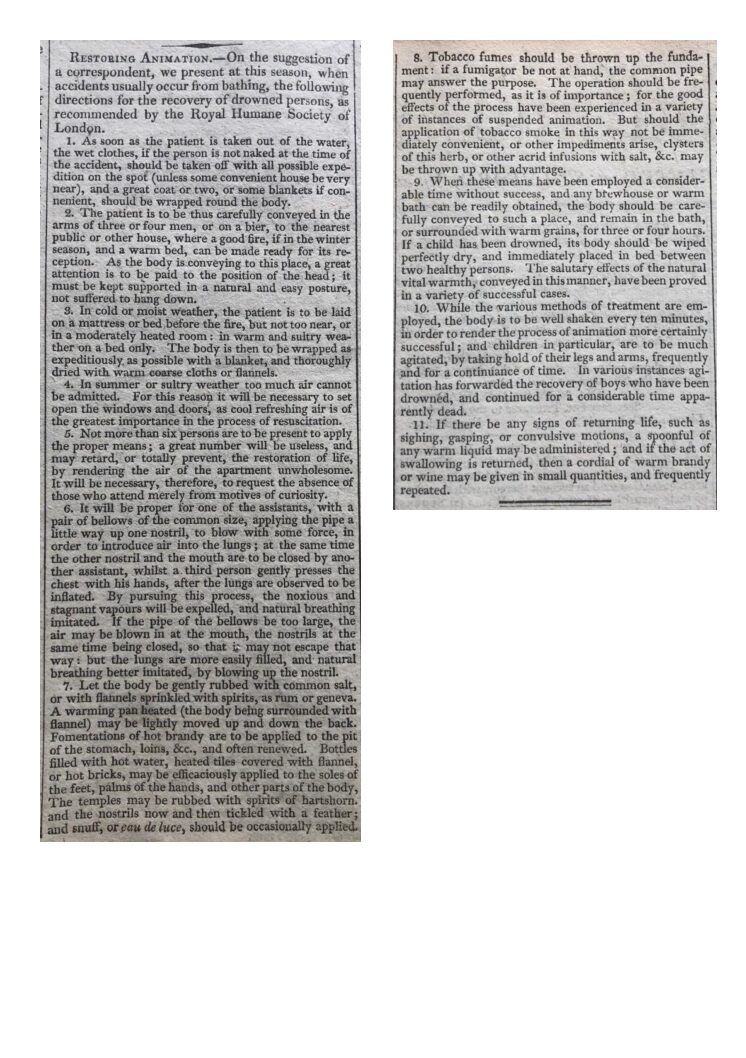Sir Isaac Pitman was a lifelong advocate of reforming the spelling of the English language. From this came the creation of phonetic writing. This ‘shorthand’ was published in a pamphlet in 1837.
“On Tuesday evening last, an interesting lecture and explanations were given at the Temperance Library, by Masters Wm. Green and Holland Brown, of the Phonographic Corresponding Society, Phonography, a new art of improved writing, invented by Mr. Isaac Pitman, of Bath. The redundancy and deficiency of the common English alphabet, and the absurdity of the method of writing and spelling usually adopted by the British nation, were clearly exhibited, and the completeness and adequacy of the phonetic alphabet distinctly proved. Several diagrams of the phonographic character were explained, and specimens of the facility of writing and deciphering it were given, the speakers reading it quite as fast as the long English. After the lecture, a very spirited conversation took place, and questions put by the company were satisfactorily answered by the two youths. We think this science is likely to be more available than any similar one yet invented, it having distinct marks for every sound uttered by the human voice; and if generally introduced in lieu of the common alphabet, would be a valuable boon to all classes of society, and innumerable benefits might accrue from its acquisition. We would heartily recommend and encourage youth to practise this art, on account of its great simplicity, and its being so very legible when written, unlike the old tedious forms of shorthand hitherto used. We hear that the subject is to be resumed next Tuesday evening, when more practical specimens are to be given on the spot, of the applicability of this new way of ‘talking on paper’ in all the languages of our babbling earth.”
The Stamford Mercury, 7th February, 1845.
This is the last sentence of the article in Pitman’s shorthand. With many thanks to Elaine Allwood from Carlby for transforming it.











